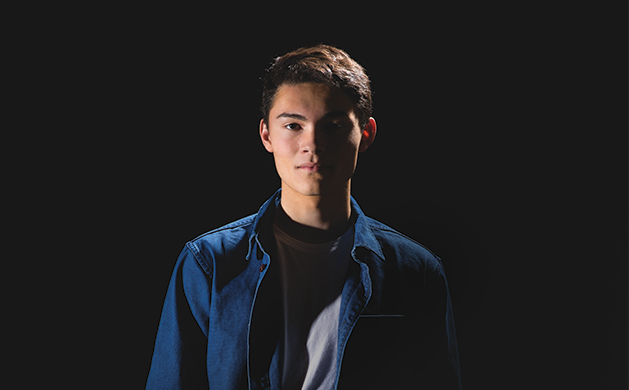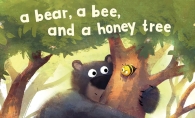
How are you celebrating National Poetry Month? Ben Lee suggests you write some poetry. Ben is a 17-year-old junior at The Blake School and he was named a National Student Poet. The honor is given by the Alliance for Young Artists & Writers and is one of the Scholastic Art & Writing Awards. The awards have been recognizing outstanding young talent since 1923. Past winners include people like John Updike, Andy Warhol and Sylvia Plath. The awards, given for a variety of creative endeavors, are given to students in grades seven through 12.
Ben began writing poetry as a classroom assignment and he found he really benefited from the process. He says it’s a stress release and a way to step out of daily concerns and clear his head.
“I’d recommend writing poetry to anyone,” Ben says. “It is a very accessible art form, and it really gives you an opportunity to express yourself. I’d also suggest that students should submit something to [the Alliance for Young Writers & Artists] program.”
Ben tried his hand at other forms of writing before settling on poetry—he’d submitted other work to the Scholastic Art and Writing Awards in past years—but his poem Seplophobia earned him a national medal. The title is the word for fear of decaying matter. The poem was inspired by a photograph Ben’s sophomore American literature teacher asked the class to write about, an image from an abandoned school biology lab in Detroit. The poem draws on the work of the poet Jamaal May whose book Hum the class read for inspiration. When he asked his teacher for advice about submitting the poem, Mr. Barry said, “You’ve got nothing to lose.”
Ben and the four other national winners were given their awards at a ceremony at The Library of Congress in August and attended a workshop with the 21st U.S. poet laureate Juan Felipe Herrera. Then they each gave a public reading at the National Book Festival. Those events marked the beginning of his year of service as a National Student Poet.
When he asked his teacher for advice about submitting the poem, Mr. Barry said, “You’ve got nothing to lose.”
Virginia McEnerney is the executive director of the Alliance for Young Artists & Writers. She says there were 330,000 submissions last year. The Alliance awards $300,000 in scholarships directly to winners—there’s also the advantage winning an award gives to students applying for other scholarship money.
The awards are supported by, among others, The Institute of Museum and Library Services—an organization encouraging cultural and civic engagement through its grant making as well as research and policy development.
McEnerney says she is inspired by the students who participate in the awards process. To be considered for the National Student Poet appointment a writer must first win a national medal from the Scholastic Art & Writing Awards. Thousands of students participate in the process every year.
“I continually relearn about the role of art in our lives from these kids,” McEnerney says.
McEnerney says one of the things she finds most interesting about Ben is he may not fit the typical image of the poet. “He is known in his community as an athlete,” she says.
Despite winning this prestigious award, Ben doesn’t think of himself first and foremost as a poet, either. He says he’s waiting to see if he’s offered scholarship money to play soccer before he makes a decision about where he’ll go to college. He also doesn’t plan on being an English literature major or a soccer player.
“Both of my parents work in the sciences,” Ben says. “I plan to major in biology or a related science. I’m thinking about going to medical school.”
No matter what the future holds for Ben this experience was an amazing opportunity. He says the ceremony was overwhelming, and the workshops with distinguished poets have expanded his understanding.
He also talks about the importance of the other award winners … both this year and in the past.
“Alumni of the program are a close-knit community,” Ben says. “It gives you a network of people with similar interests.”
He plans to keep writing, and his work is evolving. He describes Seplophobia as speaking to where he was when he started. “Poems I wrote two months ago are very different in style from that work,” he says. And, no doubt, things he writes years from now—when he’s a doctor or a soccer star, or both—will be different from things he’s writing right now. He says he will always write poetry, though. Now that he’s found his voice he wants to keep exploring.









